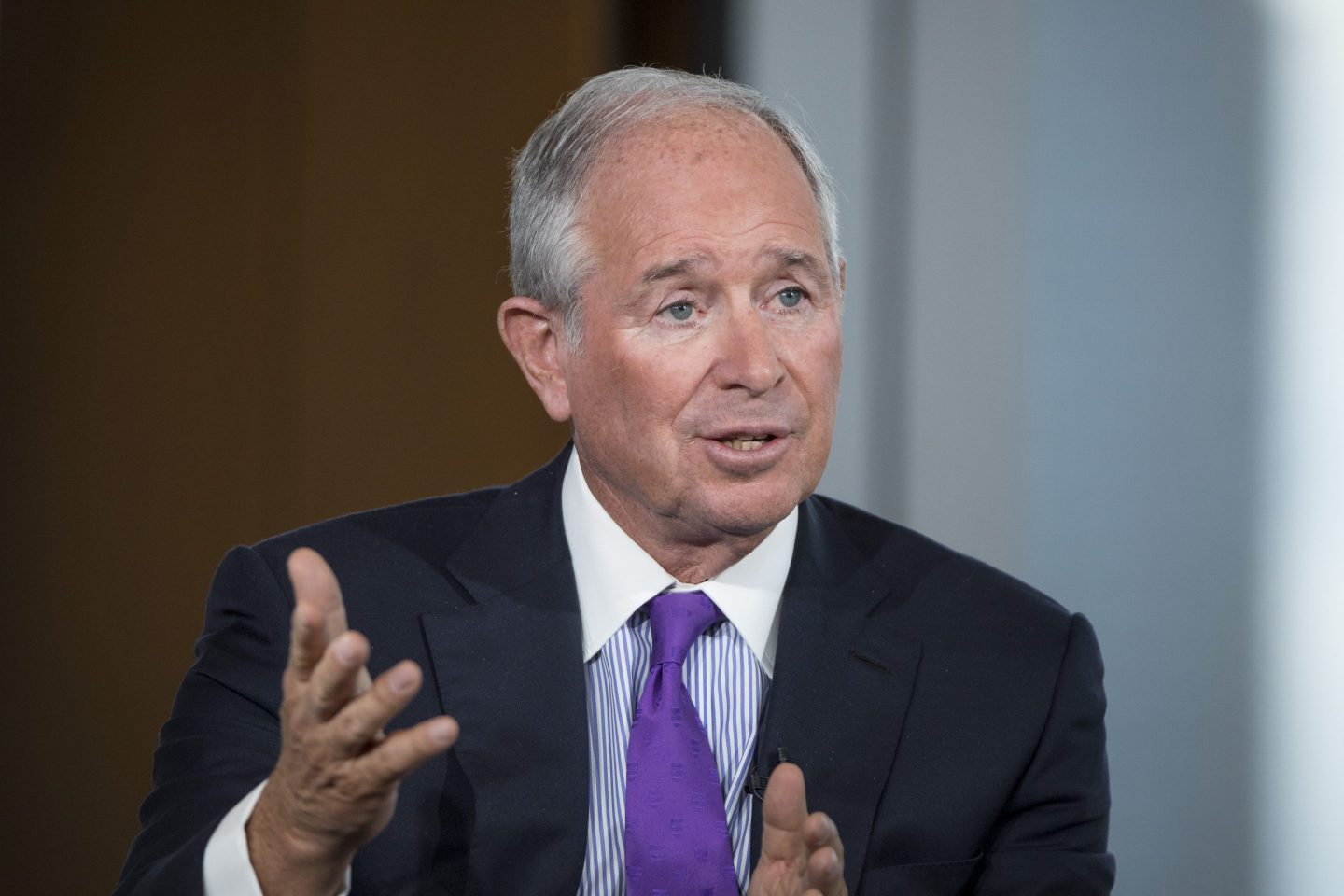- Brooks Running CEO Dan Sheridan runs his shoe company with a philosophy he learned from the late Charlie Munger: avoid the ABCs of business at all costs—arrogance, bureaucracy and complacency. It’s a mantra embraced at the highest levels of corporate leadership, with Warren Buffett himself saying avoiding the “corporate cancers” is a must-have trait for his successor at Berkshire Hathaway.
Running a business can feel like a never-ending game of whack-a-mole—just when a major challenge is resolved, many more pop up. But the real secret to thriving in today’s business world isn’t chasing new AI initiatives or flashy leadership training. Rather, it’s not losing sight of the people who keep the business afloat.
That’s at least according to Brooks Running CEO Dan Sheridan, who leads his international shoe brand with a mantra he says comes from Charlie Munger.
The late vice chairman of Berkshire Hathaway imparted that success comes from avoiding the ABCs: arrogance, bureaucracy and complacency: “I approach things with low arrogance, because I don’t know everything; I’m super curious in how I approach people,” Sheridan told Fortune’s Leadership Next podcast.
“I often say I’m allergic to bureaucracy, even in non-profits or school committees that I’m asked to be on,” he added. “My first question is, is there a lot of bureaucracy in this organization? I can’t function in that. I don’t know how to function in it. And so Brooks is a place where there’s low bureaucracy.”
And when it comes to the last principle, Sheridan is grounded that even though Brooks is over 110 years old and owned by who he calls the “goat of capitalism”—Warren Buffett—there’s still work to be done.
“Complacency is interesting,” he said to Fortune. “I think every organization can rest on your history and, we’re not immune to that at Brooks…we’ve got a lot of room to grow, so we’re not complacent.”
At least on paper, sticking to the leadership mantra from one of the most respected investors is working wonders for Brooks. For the last two quarters in a row, the company achieved all-time highs for revenue. Year-over-year, its revenue is up 19%.
Fighting off ‘corporate cancers’
Sheridan is not alone in embracing Munger’s advice. Even Buffett himself has cited the ABCs as critical indicators of who would be best suited to take over the reins at his corporate conglomerate Berkshire Hathaway.
“My successor will need one other particular strength: the ability to fight off the ABCs of business decay, which are arrogance, bureaucracy and complacency,” Buffett said in 2015. “When these corporate cancers metastasize, even the strongest of companies can falter.”
Earlier this year, Buffett deemed Greg Abel as the person best equipped to whack away the ABCs and keep the trillion-dollar Berkshire Hathaway on the right path. And while time will tell if Abel will succeed at the challenge, he’s made it clear that like Buffett and Munger, he sees grit as a non-negotiable.
“Hard work takes all of us a long way in life,” Abel said at Berkshire Hathaway’s 2025 annual meeting. “There’s a lot of things that matter in life, but if you start with a great work ethic and have that attitude that you want to contribute, you’re going to go a long way in life.”













